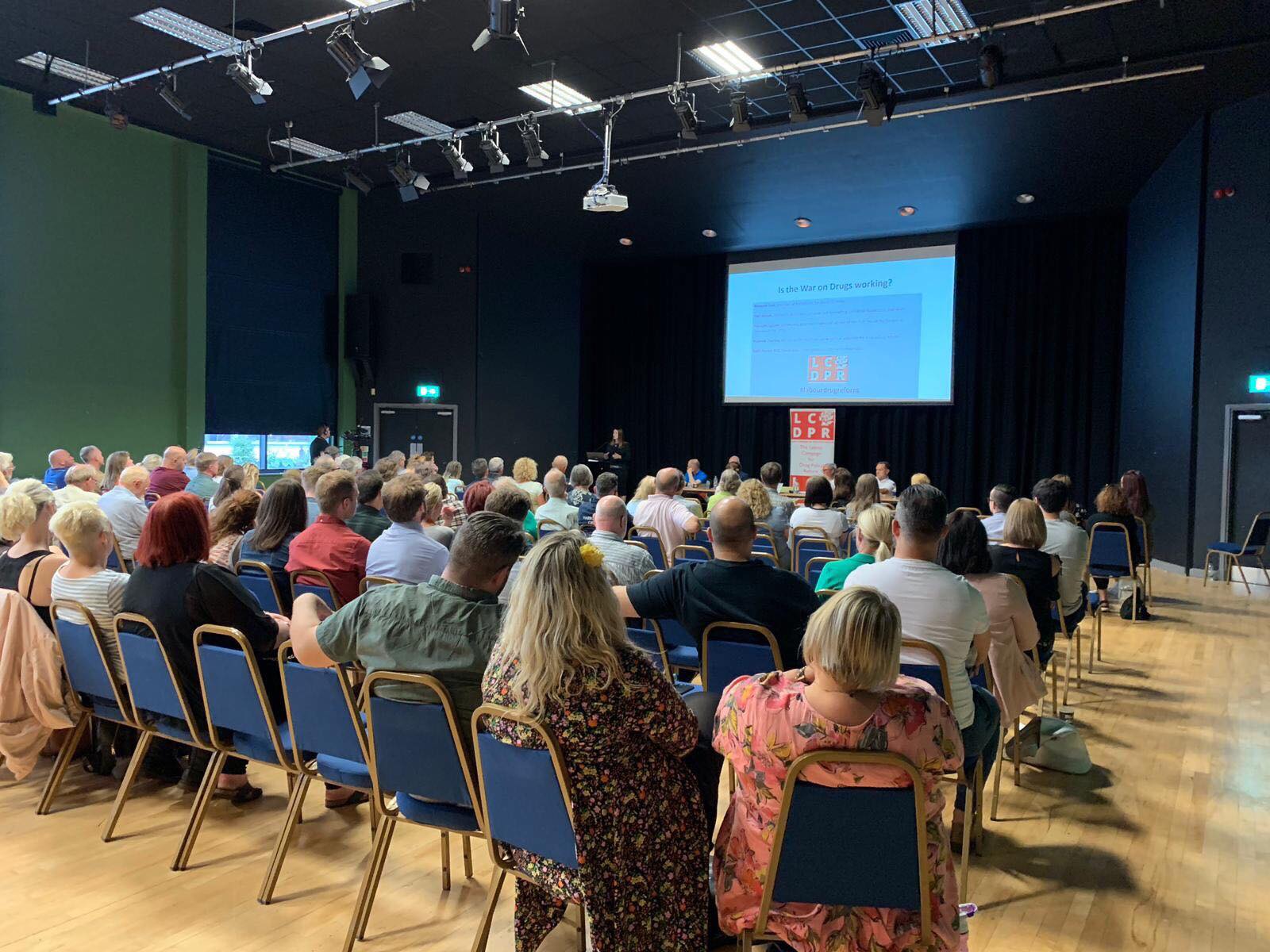With governments around the world moving towards harm reduction policies, and organisations such as the British Medical Journal advocating drug policy reform in the UK, the Labour Party may finally be turning its back on Nixon’s poster policy.
On the penultimate day of an eventful but decisively progressive party conference, ex-secretary of state Lord Falconer denounced the war on drugs as a ‘mammoth massive failure’, and MP Jon Ashworth, Shadow Health and Social Care Secretary, called for the party to ‘take a public health approach’ on drug policy. This comes just a week after Diane Abbott announced Labour’s intentions to hold a Royal Commission into drugs, including heroin and cocaine, should they win the looming election.
For those that have pushed for an end to the illogical political battle against drugs, this highly anticipated shift is cause for a sigh of relief. Not only does it represent an official recognition of the damage caused by the Government’s current crusade, it also signals the beginning of a complete reconceptualisation of problematic drug use, transforming it from a criminal to a public health issue.
After years of cross-party political denial, this tentative shift is big news. But, despite appearances, Labour support for the Government’s current approach has been fading for a long time. Back in 2018, MP’s Jeff Smith and Thangham Debbonaire founded the Labour Campaign for Drug Policy Reform in a bid to ‘open the debate on drug policy to all Labour members and supporters and the people [they] aim to serve’.
Yesterday, Smith commended Ashworths’ call for an evidence-based, public health approach, as a ‘great step towards the transformative drug policy that the country so desperately needs’. Reiterating his call for ‘radical changes’, he spoke of the ‘rapidly growing momentum behind reform’.
Speaking in reference to the upcoming LCDPR meeting in Yorkshire, Smith encouraged members and supporters to ‘go and share their thoughts, concerns and experiences’, emphasising the ‘importance of their contribution to future policy reform’.
As with nearly all political developments, most of which are reactive not proactive, this positive hinges on a negative. Since Theresa May’s Government re-launched its catastrophic commitment to out and out illegality and criminalisation in 2017, drug induced mortality rates have risen to epidemic proportions. In Yorkshire alone, 484 lives were lost in drug related circumstances in 2018. That’s 93.6 deaths per 1 million people, an astonishing 73% increase from 2014.
As with other public health issues, the current epidemic goes far beyond poor policy and decades of ignorance. It is also a consequence of poverty, income inequality and austerity. As Kate Pickett, the leading Epidemiologist scheduled to speak at the Yorkshire LCDPR public meeting said, ‘we need to deal with the deep underlying causes of problem drug use’.
Nevertheless, prohibition clearly doesn’t work. The writing is on the wall and blood is on the Government’s hands. The only solace we can take is Labour’s final recognition of this inescapable reality.
The Labour Campaign for Drug Policy Reform will be visiting The University of York on Thursday 3rd of October with a panel of local experts in medicine, academia and treatment. To contribute to this important conversation and help shape Labour’s future policy, register for a free ticket via this link: https://www.eventbrite.co.uk/e/lcdpr-yorkshire-event-tickets-66554194387

